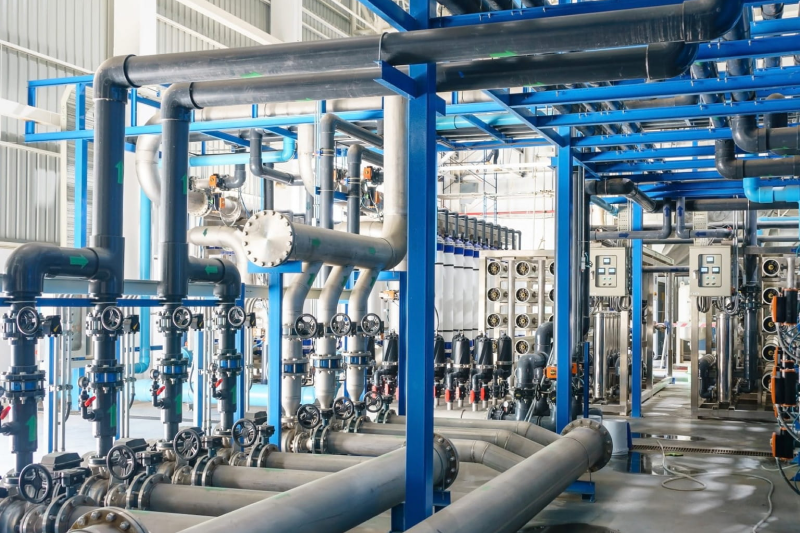MEP& HVAC ENGINEERING

Course Features
- Course
- Duration
- Eligibility
- Course
- Duration
- Eligibility
- Course
- Duration
- Eligibility
MEP& HVAC ENGINEERING
MEP (Mechanical, Electrical, and Plumbing) engineering and HVAC (Heating,
Ventilation, and Air Conditioning) engineering are both specialized fields
within the broader discipline of mechanical engineering that deal with the
design, installation, and maintenance of building systems.
MEP engineering involves the design, installation, and maintenance of
mechanical, electrical, and plumbing systems in buildings. These systems include
heating, ventilation, and air conditioning (HVAC) systems, electrical power and
lighting systems, plumbing and water supply systems, and fire protection
systems. MEP engineers must take into account factors such as energy efficiency,
safety, environmental impact, and sustainability when designing and installing
building systems.
HVAC engineering is a subset of MEP engineering that specifically deals with the
design, installation, and maintenance of heating, ventilation, and air
conditioning systems in buildings. These systems are essential for maintaining a
comfortable indoor environment for occupants, controlling humidity, and
improving indoor air quality. HVAC engineers must take into account factors such
as temperature control, air distribution, filtration, and energy efficiency when
designing and installing HVAC systems.
Both MEP and HVAC engineering require a deep understanding of mechanical,
electrical, and plumbing systems, as well as knowledge of building codes and
regulations. They also involve the use of specialized software tools for design
and analysis, as well as compliance with industry standards and regulations.
The importance of MEP and HVAC engineering is evident in the critical role they
play in the comfort, safety, and well-being of building occupants. Proper
design, installation, and maintenance of building systems are essential to
ensure energy efficiency, reduce environmental impact, and prevent accidents and
failures.

